BOOKS
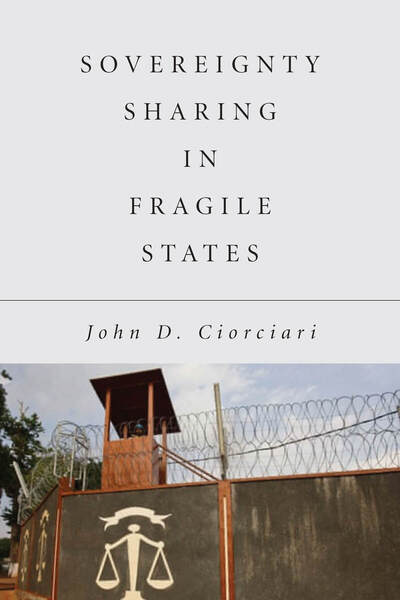
Sovereignty Sharing in Fragile States
Stanford University Press, 2021
In fragile states, domestic and international actors sometimes take the momentous step of sharing sovereign authority to provide basic public services and build the rule of law. While sovereignty sharing can help address gaps in governance, it is inherently difficult, risking redundancy, confusion over roles, and feuds between partners when their interests diverge. Sovereignty Sharing in Fragile States sheds light on how and why these extraordinary joint ventures are created, designed, and implemented. Based on extensive field research in several countries and more than 150 interviews with senior figures from governments, the UN, donor states, and civil society, the book discusses when sovereignty sharing may be justified and when it is most likely to achieve its aims. It examines a diverse range of sovereignty-sharing arrangements, including hybrid criminal tribunals, joint policing arrangements, and anti-corruption initiatives, in Sierra Leone, Cambodia, Lebanon, Timor-Leste, Guatemala, and Liberia. It provides the first comparative assessment of these remarkable attempts to repair ruptures in the rule of law—the heart of a well-governed state.
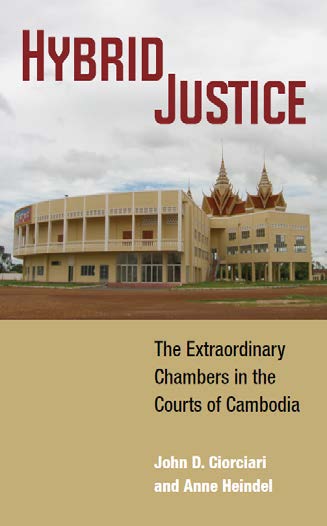
Hybrid Justice: The Extraordinary Chambers in the Courts of Cambodia
University of Michigan Press, 2014 (with Anne Heindel)
Since 2006, the United Nations and Cambodian government have participated in the Extraordinary Chambers in the Courts of Cambodia, a hybrid tribunal created to try key Khmer Rouge officials for crimes of the Pol Pot era. Hybrid Justice examines the contentious politics behind the tribunal’s creation, its legal and institutional design, and its function. The Cambodian experience shows some of the promise and many of the challenges of designing and operating a hybrid court and pursuing accountability for mass crimes in general. It carries important lessons for transitional justice and other domains in which the United Nations partners with national governments.

The Limits of Alignment: Southeast Asia and the Great Powers since 1975
Georgetown University Press, 2010
The Limits of Alignment explores how small states and middle powers of Southeast Asia ensure their security in a world where they are overshadowed by greater powers. It challenges a central concept in international relations theory—that states respond to insecurity by either balancing against their principal foes, “bandwagoning” with them, or declaring themselves neutral. Instead, he shows that developing countries prefer limited alignments that steer between strict neutrality and formal alliances to obtain the fruits of security cooperation without the perils of undue dependency. It also shows how structural and normative shifts following the end of the Cold War and the advent of U.S. primacy have increased the prevalence of limited alignments, which constrain U.S. foreign policy. Finally, it discusses how limited alignments in the developing world may affect the future course of international security as China and other rising powers gather influence on the world stage.
EDITED VOLUMES
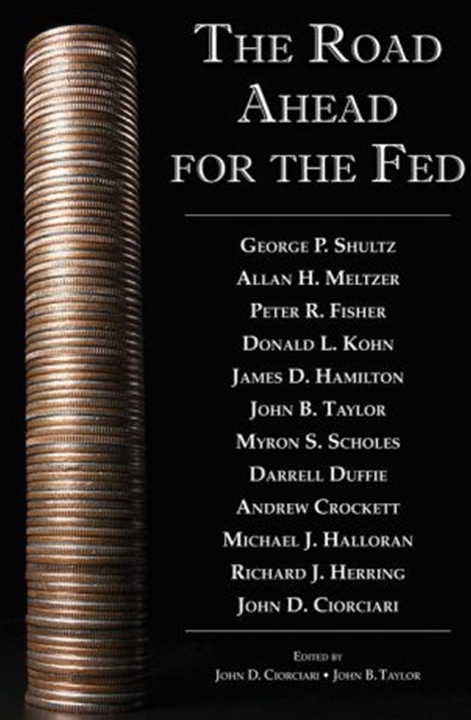
The Road Ahead for the Fed
Hoover Institution Press, 2009 (with John B. Taylor)
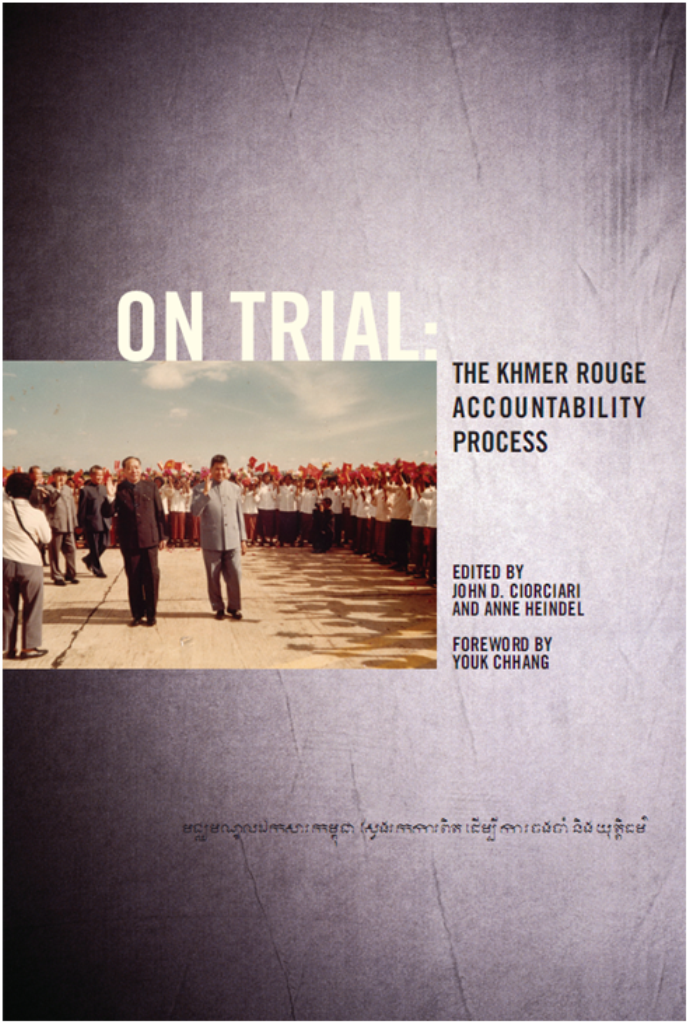
On Trial: The Khmer Rouge Accountability Process
Documentation Center of Cambodia, 2009 (with Anne Heindel)
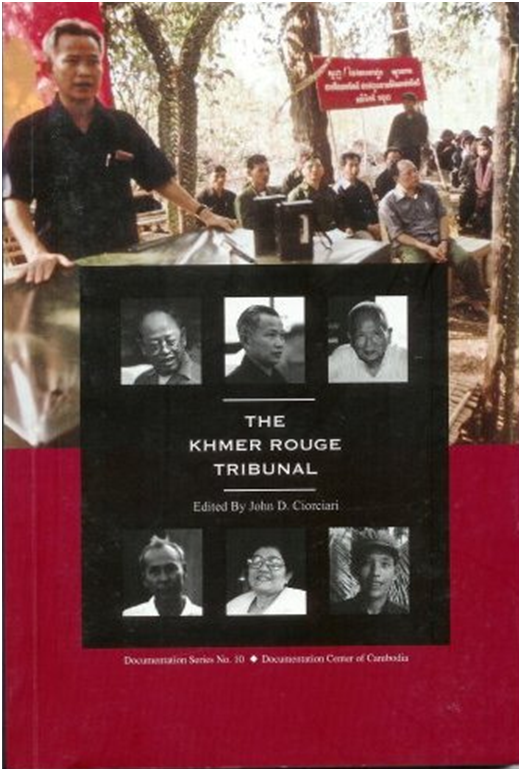
The Khmer Rouge Tribunal
Documentation Center of Cambodia, 2006